
Island Harbour: Anguilla's Serene Fishing Village
Island Harbour is a tranquil fishing village situated on the eastern end of Anguilla. Known for its picturesque harbor and vibrant local culture, this village offers a unique blend of natural beauty and authentic island life. The waters are calm and pristine, making it an ideal spot for swimming, snorkeling, and boating. The local fishermen bring in their daily catch, which you can enjoy at nearby restaurants serving fresh seafood. Island Harbour is also home to the annual Festival Del Mar, a lively celebration of the sea that attracts visitors from all over. During this festival, you can partake in boat races, seafood competitions, and live music performances, all while soaking up the warm Caribbean sun. The local community's hospitality will make you feel right at home, whether you're exploring the charming streets or relaxing on the sandy beaches. For those interested in history and culture, Island Harbour offers a glimpse into Anguilla's past. Visit the nearby Heritage Collection Museum to learn about the island's rich history and cultural heritage. You can also take a short boat ride to the nearby Scilly Cay, a small islet known for its delicious grilled lobster and stunning views. With its laid-back atmosphere and friendly locals, Island Harbour is a must-visit destination for anyone looking to experience the true essence of Anguilla.
Local tips in Island Harbour
- Visit during Festival Del Mar to experience local culture and festivities.
- Try the fresh lobster at Scilly Cay for a memorable dining experience.
- Bring cash as some local vendors and restaurants may not accept credit cards.
- Take a boat tour to explore the surrounding waters and nearby islets.
- Don't miss the sunrise at Island Harbour for some stunning photo opportunities.
Island Harbour: Anguilla's Serene Fishing Village
Island Harbour is a tranquil fishing village situated on the eastern end of Anguilla. Known for its picturesque harbor and vibrant local culture, this village offers a unique blend of natural beauty and authentic island life. The waters are calm and pristine, making it an ideal spot for swimming, snorkeling, and boating. The local fishermen bring in their daily catch, which you can enjoy at nearby restaurants serving fresh seafood. Island Harbour is also home to the annual Festival Del Mar, a lively celebration of the sea that attracts visitors from all over. During this festival, you can partake in boat races, seafood competitions, and live music performances, all while soaking up the warm Caribbean sun. The local community's hospitality will make you feel right at home, whether you're exploring the charming streets or relaxing on the sandy beaches. For those interested in history and culture, Island Harbour offers a glimpse into Anguilla's past. Visit the nearby Heritage Collection Museum to learn about the island's rich history and cultural heritage. You can also take a short boat ride to the nearby Scilly Cay, a small islet known for its delicious grilled lobster and stunning views. With its laid-back atmosphere and friendly locals, Island Harbour is a must-visit destination for anyone looking to experience the true essence of Anguilla.
When is the best time to go to Island Harbour?
Iconic landmarks you can’t miss
Elvis Beach Bar
Discover the lively ambiance of Elvis Beach Bar in Anguilla, where delicious food, refreshing drinks, and stunning ocean views await you.
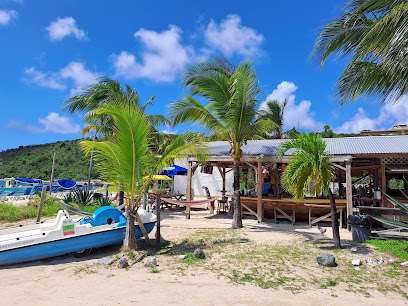
Zemi Beach House, LXR Hotels & Resorts
Experience luxury and tranquility at Zemi Beach House, where stunning ocean views and exceptional amenities create the perfect Caribbean getaway.

Shoal Bay Beach
Discover the breathtaking beauty of Shoal Bay Beach, a tropical paradise with pristine sands and crystal-clear waters perfect for relaxation and adventure.
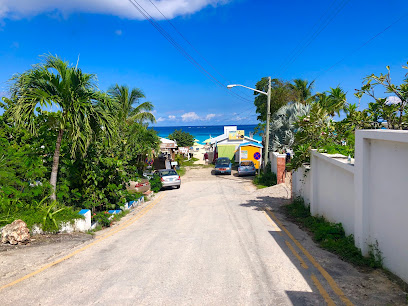
Sunshine Shack
Experience Anguilla's best beach vibes at Sunshine Shack: delicious BBQ, refreshing drinks, and stunning Rendezvous Bay views. Live Up! Love Up! Live On!!!
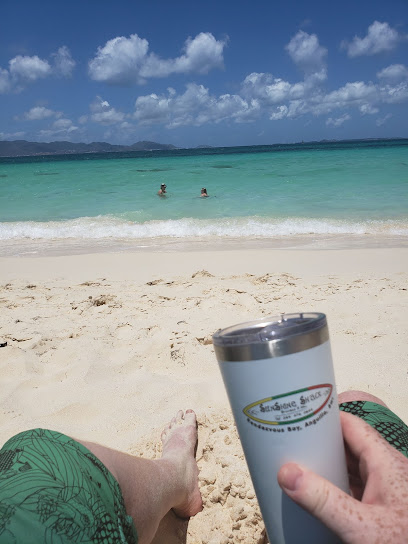
Madeariman
Experience the vibrant flavors of Anguilla at Madeariman, a beachside restaurant serving delightful local and international cuisine.
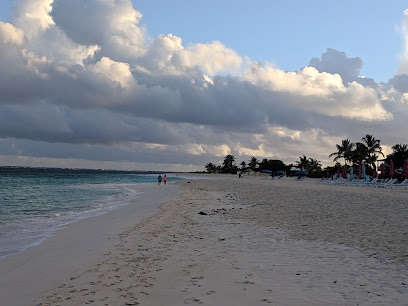
Gwen's Reggae Bar and Grill
Experience the vibrant flavors of Caribbean cuisine and lively reggae music at Gwen's Reggae Bar and Grill in Anguilla.
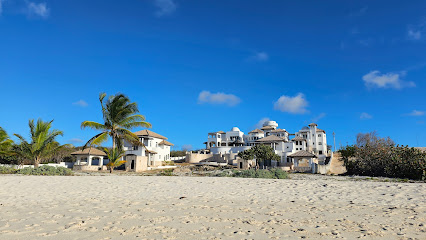
Artisan Pizza Napoletana
Authentic Neapolitan pizza in a cozy Island Harbour setting. Fresh ingredients, wood-fired perfection, and a taste of Italy in Anguilla.
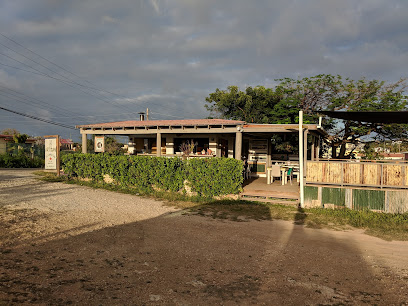
Anguilla
Experience the serene beauty and vibrant culture of Anguilla, the Caribbean's ultimate island getaway with stunning beaches and unforgettable adventures.
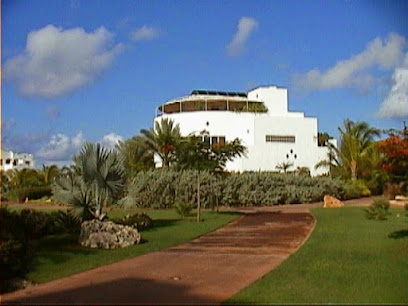
Anguilla Arch
Experience the breathtaking beauty of Anguilla Arch, a stunning natural rock formation and scenic point in the heart of the Caribbean.
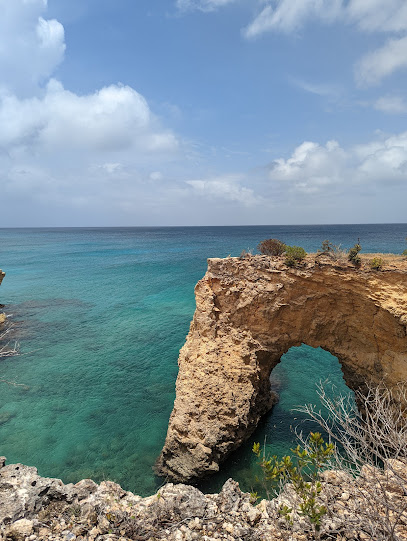
Elodias Beach Resort
Experience the serene beauty of Elodias Beach Resort in Shoal Bay Village, Anguilla, where relaxation meets adventure in a tropical paradise.
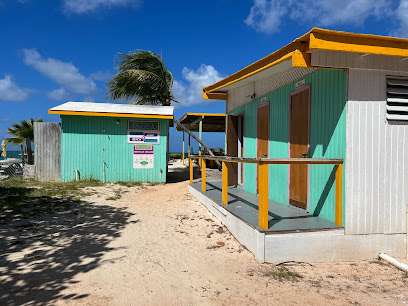
Le Bon Pain
Experience authentic French pastries and breads in a charming Caribbean setting at Le Bon Pain in Island Harbour, Anguilla.
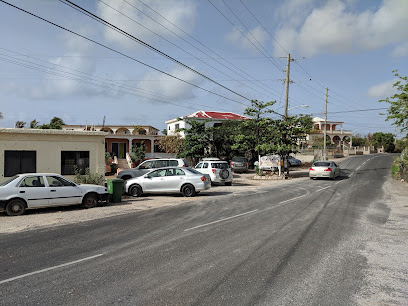
Island Crave Ice Cream & Dessert Cafe
Indulge in homemade ice cream and desserts at Island Crave, Anguilla's sweetest spot! From ice cream tacos to Belgian waffles, satisfy your sugar cravings!
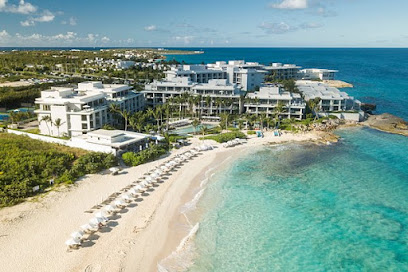
Falcon Nest Bar & Grill
Experience authentic Anguillan cuisine and stunning harbor views at Falcon Nest Bar & Grill in Island Harbour.
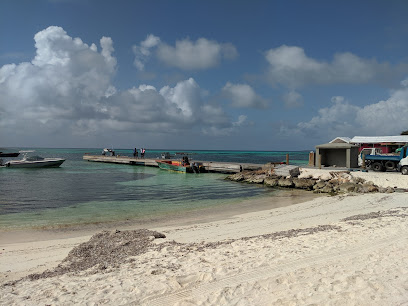
The Ferryboat Inn
Experience Anguilla's charm at The Ferryboat Inn: beachfront accommodations, family hospitality, and easy access to island adventures.

The Pit Stop by Ben
Experience the vibrant flavors of Anguilla at The Pit Stop by Ben, a culinary gem in Island Harbour that delights with fresh, local cuisine.
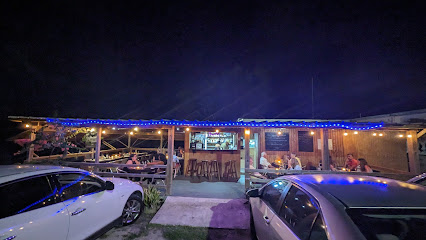
Unmissable attractions to see
Sandy Island
Discover Sandy Island, Anguilla: A tiny Caribbean paradise with white sands, vibrant reefs, and fresh seafood, just a short boat ride away.
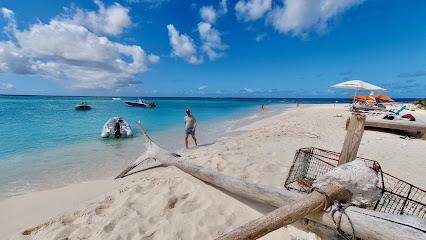
Tradition Sailing Charters Anguilla
Experience authentic Caribbean sailing with Tradition Sailing Charters in Anguilla. Day sails, sunset cruises, and private charters await!
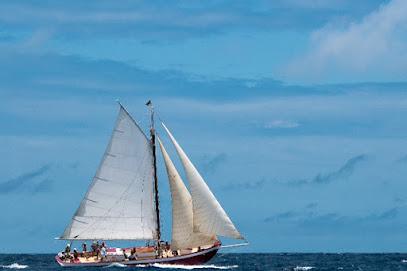
Crocus Bay Beach
Discover Crocus Bay Beach in Anguilla: a picturesque paradise with calm waters, soft sands, and breathtaking sunsets for a serene Caribbean getaway.
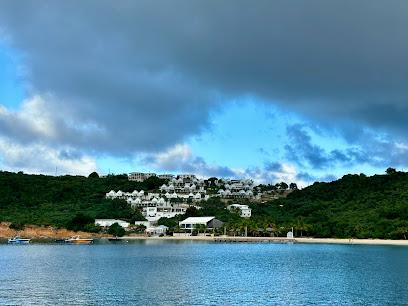
Meads Bay Beach
Discover Anguilla's Meads Bay: Pristine sands, tranquil turquoise waters, and luxurious beachfront experiences await in this Caribbean paradise.
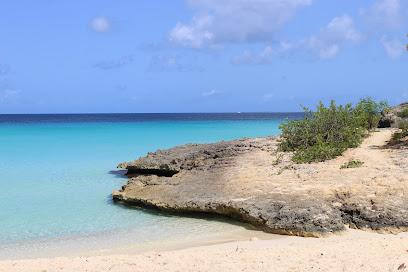
Prickley Pear Cays
Discover Anguilla's Prickly Pear Cays: Unspoiled beaches, vibrant marine life, and a serene Caribbean escape await!
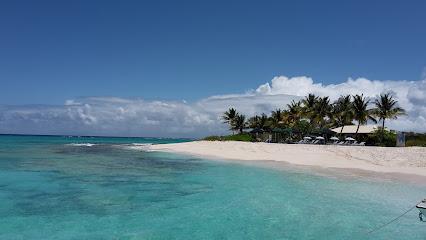
Shoal Bay Village
Discover Shoal Bay Village, Anguilla: Pristine beaches, turquoise waters, and authentic Caribbean charm await in this idyllic paradise.

Essential places to dine
Ken's BBQ
Experience authentic Caribbean barbecue at Ken's BBQ in Anguilla – where every bite tells a story.
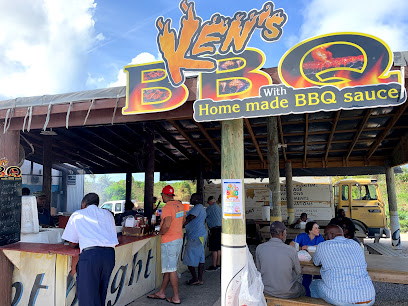
Da'Vida
Discover Da'Vida: A culinary oasis in Anguilla offering fresh local cuisine with stunning ocean views.
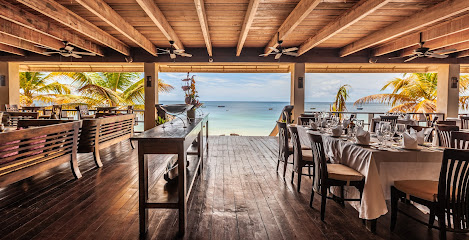
Roy's Bayside Grill
Experience Caribbean culinary delights with stunning sea views at Roy's Bayside Grill in Anguilla.
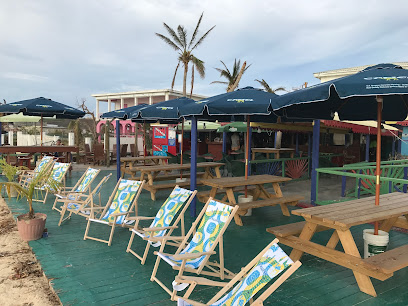
Ocean Echo Anguilla
Experience exquisite dining at Ocean Echo Anguilla, where stunning ocean views meet delicious Caribbean cuisine in a relaxed atmosphere.
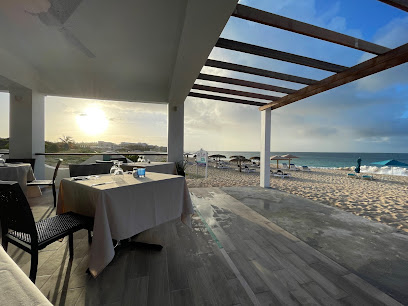
Madeariman
Discover Madeariman: A must-visit restaurant in Anguilla offering exquisite Caribbean flavors and stunning ocean views.
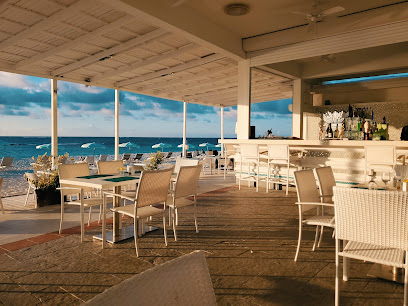
Gwen's Reggae Bar and Grill
Experience authentic Caribbean cuisine with vibrant live music at Gwen's Reggae Bar and Grill in Anguilla.
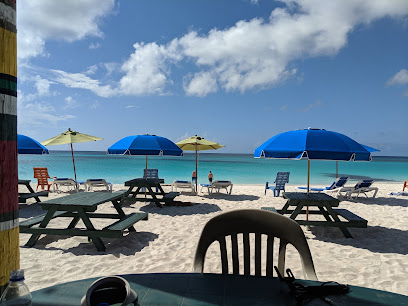
Veya Restaurant
Experience the magic of fine dining at Veya Restaurant in Anguilla - where innovative cuisine meets breathtaking treehouse views.
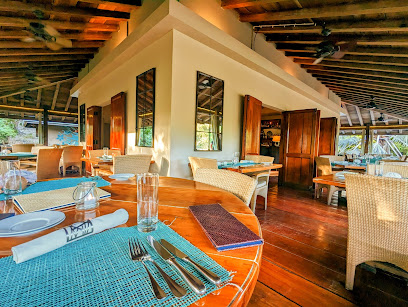
Tropical Sunset Restaurant & Bar
Experience the best of Caribbean cuisine at Tropical Sunset Restaurant & Bar in Anguilla with breathtaking views and delightful flavors.
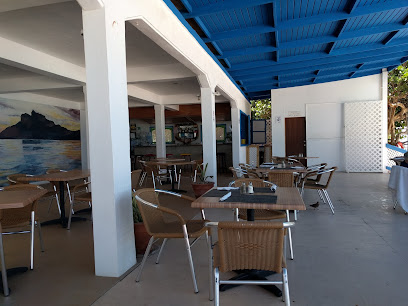
Artisan Pizza Napoletana
Savor authentic Neapolitan pizza in a charming setting at Artisan Pizza Napoletana in beautiful Island Harbour, Anguilla.
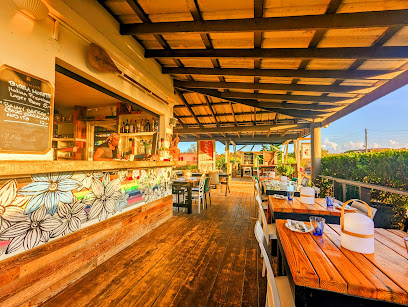
Dolce Vita
Discover authentic Italian cuisine at Dolce Vita in Sandy Ground, Anguilla – where exquisite flavors meet stunning island views.
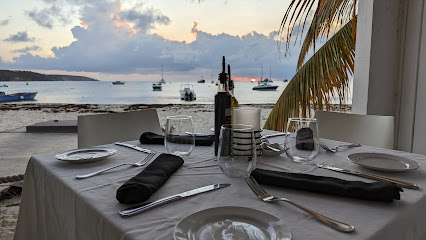
Falcon Nest Bar & Grill
Discover culinary delights at Falcon Nest Bar & Grill in Anguilla - where stunning views meet authentic Caribbean flavors.
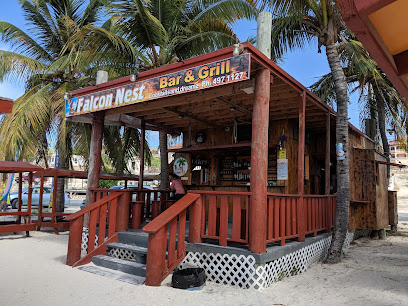
The Pit Stop by Ben
Experience exquisite Caribbean flavors at The Pit Stop by Ben in Island Harbour - A must-visit restaurant for every traveler.
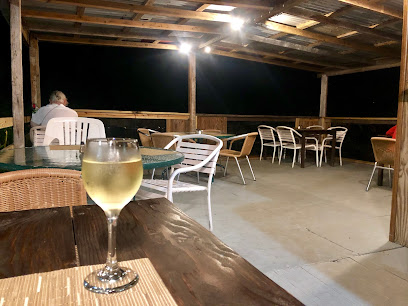
Andy's Restaurant & Bar
Experience the essence of Caribbean cuisine at Andy's Restaurant & Bar - where every meal is a celebration of flavor and tradition.
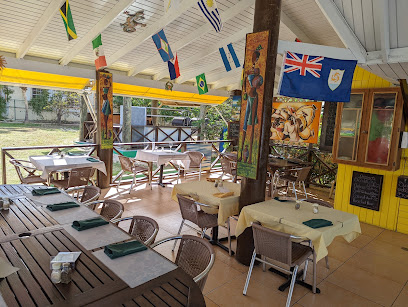
Ruthy's Yum Yum Restaurant
Experience authentic Caribbean flavors at Ruthy's Yum Yum Restaurant in Little Dix, Anguilla – where every bite tells a story.
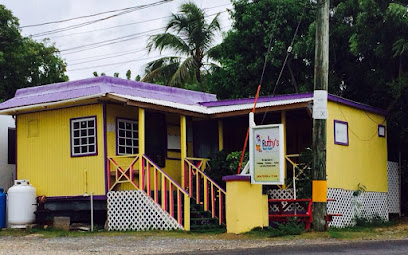
Olas tacos
Discover authentic Mexican tacos at Olas Tacos on Shoal Bay Beach – where every bite is infused with local Caribbean flavors.
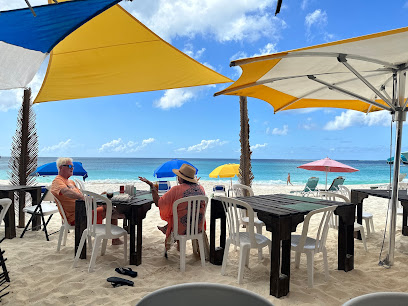
Markets, malls and hidden boutiques
Best Buy
Experience the best of grocery shopping at Best Buy in Anguilla, where convenience meets variety for all your culinary needs.
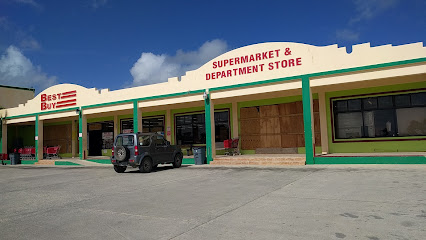
Le Bon Pain
Discover Le Bon Pain, Anguilla's beloved bakery, offering a delicious selection of fresh breads and pastries in a cozy, welcoming atmosphere.
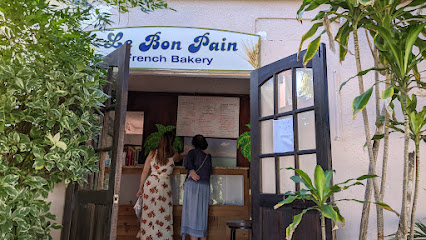
BIG STORE
Explore BIG STORE in Anguilla for an unforgettable shopping experience featuring local crafts, groceries, and unique finds.
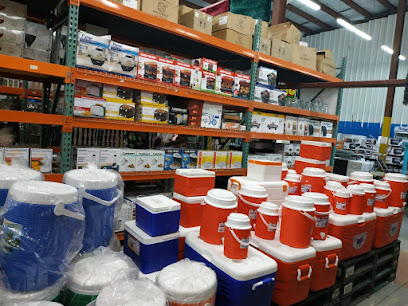
Irie Life
Explore Irie Life in Anguilla for unique gifts and crafts that celebrate the island's vibrant culture and artistry.

Unique Trading
Explore Unique Trading in Anguilla for a delightful shopping experience filled with local flavors and international products.

GAB's Party Essentials
Discover a delightful range of gifts, toys, and party essentials at GAB's Party Essentials, the ultimate shopping destination in Anguilla.
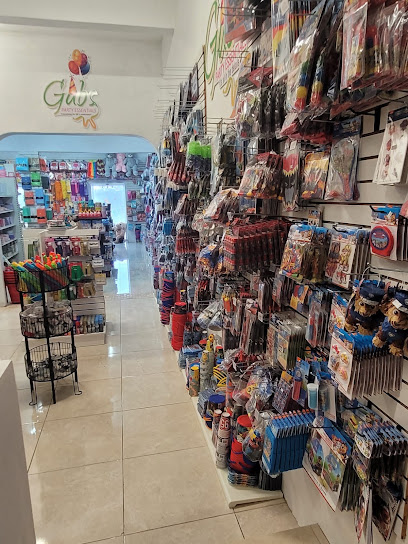
Sea Spray Gift Shop
Experience the vibrant culture of Anguilla at Sea Spray Gift Shop, your destination for authentic local treasures and unique souvenirs.
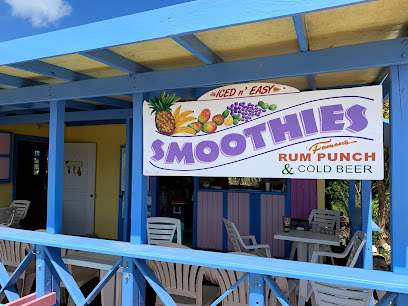
The Gift Box
Explore The Gift Box in Anguilla for unique souvenirs and local crafts that capture the island's vibrant spirit and artistic heritage.
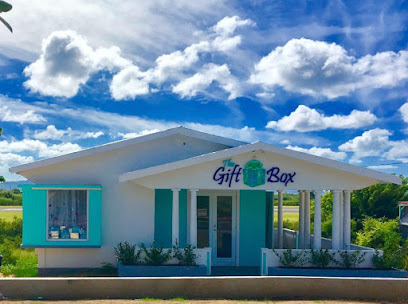
Anguilla Sands and Salts
Explore Anguilla Sands and Salts for unique souvenirs that embody the spirit of Anguilla, perfect for capturing your travel memories.
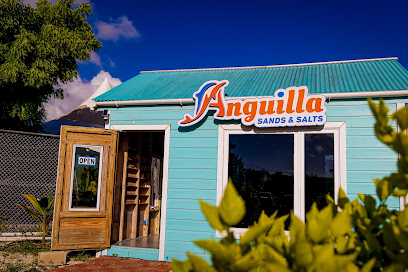
Chinese
Explore Island Harbour's supermarket for local delights and essential groceries, perfect for tourists seeking a taste of Anguilla.
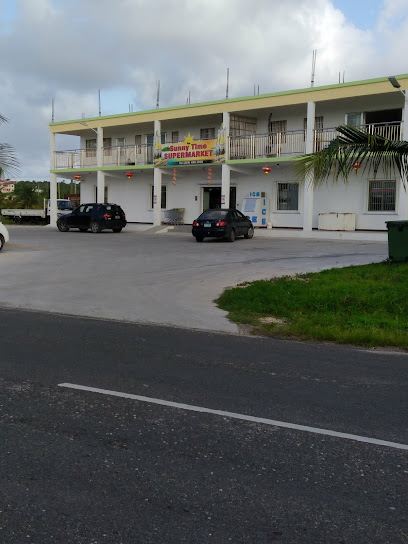
Lake's Home Decor & Haberdashery
Explore unique homewares and haberdashery supplies at Lake's, the perfect spot for tourists seeking local treasures in Anguilla.
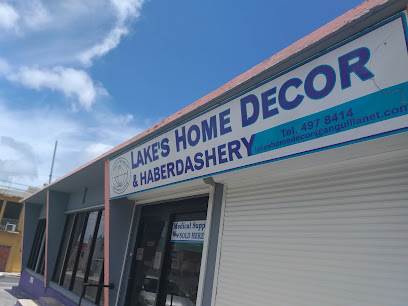
Island Supermarket
Explore Island Supermarket in Anguilla for fresh local produce, snacks, and international goods, perfect for your culinary adventures.
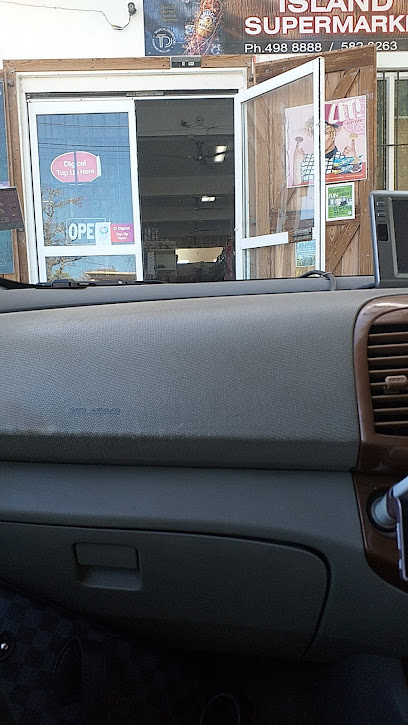
Coral Bookstore
Explore the enchanting Coral Bookstore in Anguilla, where literature meets local charm and unique gifts await every visitor.
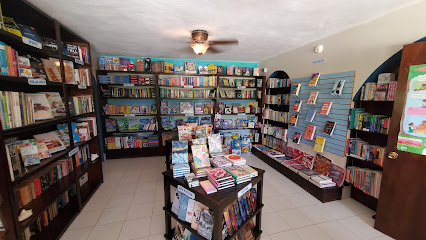
LodeVole Boutique
Explore LodeVole Boutique in Anguilla for unique clothing that embodies the island's vibrant culture and style.

All About You Wedding Invitations and More
Discover unique wedding invitations and personalized gifts at All About You Wedding Invitations and More in Anguilla, perfect for all your special occasions.

Essential bars & hidden hideouts
Elvis Beach Bar
Discover the vibrant charm of Elvis Beach Bar in Anguilla, where stunning views meet delicious food and lively entertainment.
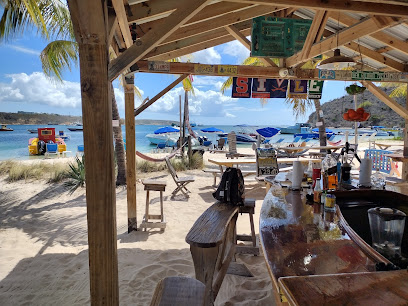
Gwen's Reggae Bar and Grill
Discover the vibrant flavors and rhythms of Anguilla at Gwen's Reggae Bar and Grill, where every meal is a celebration of island culture.
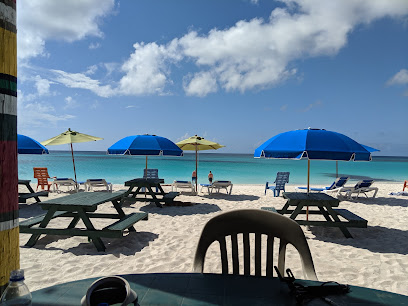
SandBar
Discover the essence of Anguilla at SandBar, where stunning views, refreshing cocktails, and a laid-back atmosphere await you.
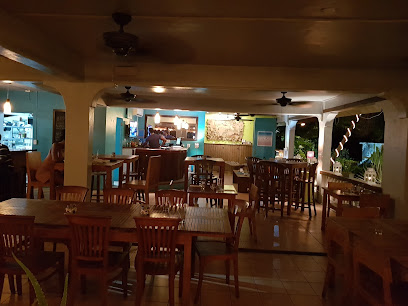
Tropical Sunset Restaurant & Bar
Experience the vibrant flavors of the Caribbean at Tropical Sunset Restaurant & Bar, where stunning views meet exquisite culinary delights.
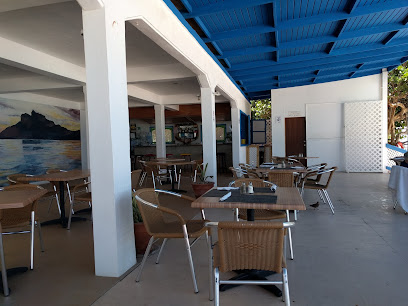
Lit lounge
Lit Lounge in Anguilla: A vibrant nightlife destination with creative cocktails, live music, and a welcoming atmosphere for all.
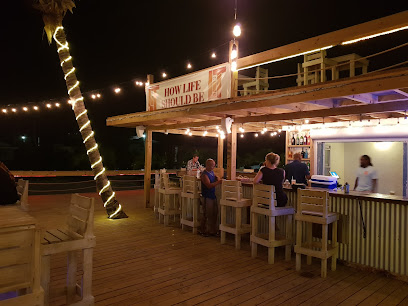
Artisan Pizza Napoletana
Experience the authentic flavors of Italy at Artisan Pizza Napoletana in beautiful Island Harbour, Anguilla, where every pizza is a masterpiece.
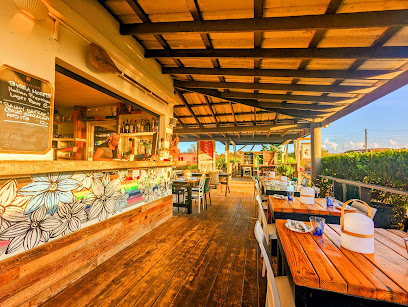
Falcon Nest Bar & Grill
Discover the flavors of Anguilla at Falcon Nest Bar & Grill, where fresh seafood meets breathtaking views in a relaxed atmosphere.
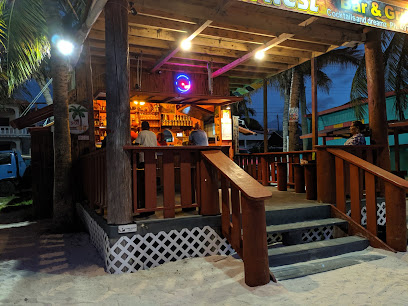
The Pit Stop by Ben
Experience authentic Caribbean cuisine in a vibrant setting at The Pit Stop by Ben in Island Harbour, Anguilla.
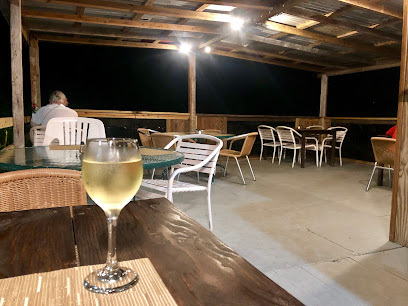
Hibernia Restaurant & Art Gallery
Experience the perfect fusion of culinary delights and local artistry at Hibernia Restaurant & Art Gallery in Anguilla.
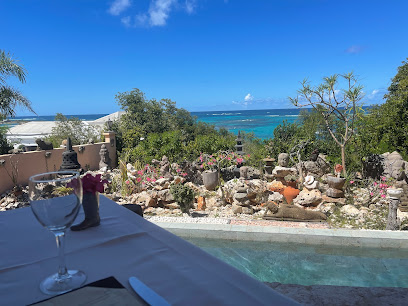
Pellican
Discover Pellican, a vibrant beach bar in Island Harbour, Anguilla, offering fresh local cuisine and breathtaking views of the Caribbean Sea.
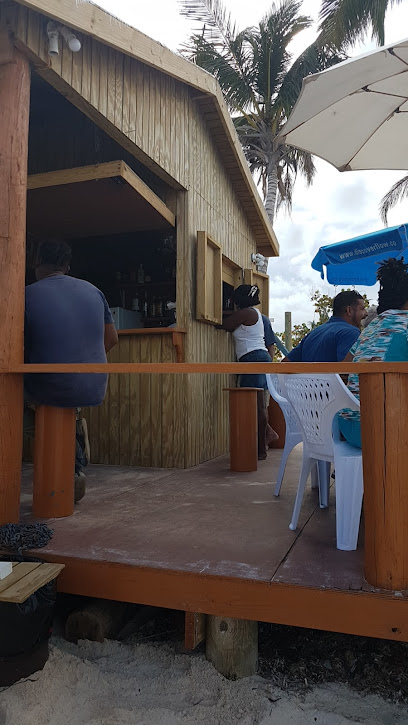
Changes Bar
Experience the vibrant nightlife and local flavors at Changes Bar, an iconic destination in Anguilla renowned for its lively atmosphere and stunning ocean views.
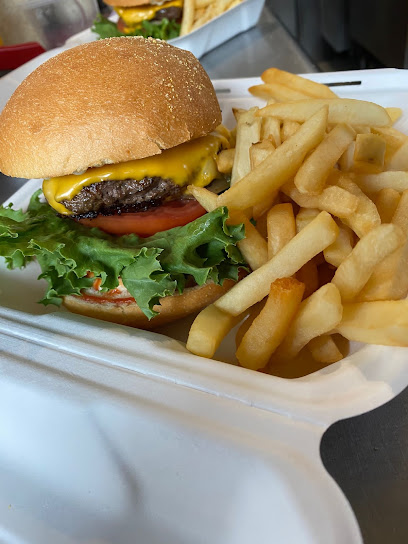
Unique Bar & Grill
Discover a unique dining experience at Unique Bar & Grill in Anguilla, where delicious grilled specialties meet vibrant atmosphere and friendly service.
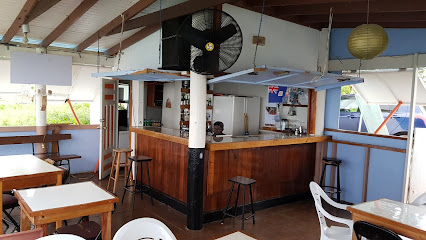
D’Isreal Bar & Grill
Experience the vibrant flavors of Caribbean cuisine at D’Isreal Bar & Grill, a must-visit restaurant in Anguilla for an authentic culinary adventure.
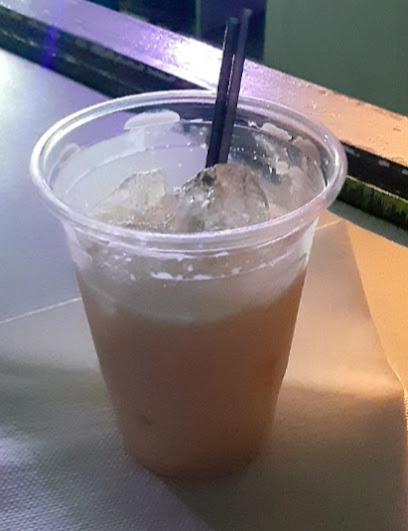
Yellow Banana
Experience the vibrant flavors of the Caribbean at Yellow Banana, a must-visit grill in Cauls Bottom, Anguilla.
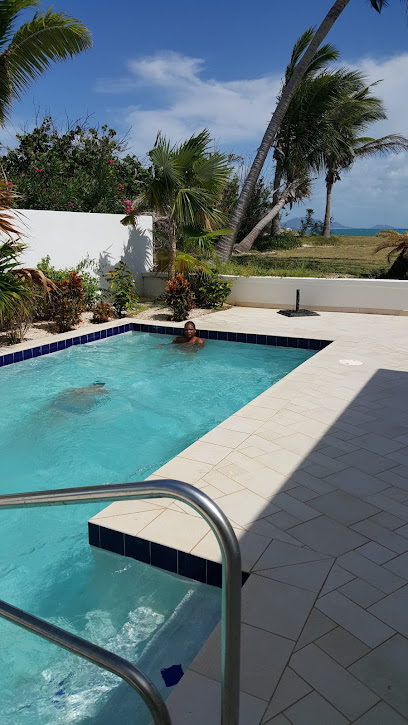
Local Phrases
-
- HelloHello
[Heh-loh] - GoodbyeGoodbye
[Gud-bye] - YesYes
[Yehs] - NoNo
[Noh] - Please/You're welcomePlease/You're welcome
[Pleez/Yor wel-kum] - Thank youThank you
[Thangk yu] - Excuse me/SorryExcuse me/Sorry
[Ex-kews mi/Sor-ree] - How are you?How are you?
[Hao ar yu] - Fine. And you?Fine. And you?
[Fain. And yu?] - Do you speak English?Do you speak English?
[Doo yu speek Ing-glish?] - I don't understandI don't understand
[Ai dohnt undur-stan]
- HelloHello
-
- I'd like to see the menu, pleaseI'd like to see the menu, please
[Ai'd laik tu si dhe menu, pleez] - I don't eat meatI don't eat meat
[Ai dohnt eet meet] - Cheers!Cheers!
[Cheerz!] - I would like to pay, pleaseI would like to pay, please
[Ai wud laik tu pei, pleez]
- I'd like to see the menu, pleaseI'd like to see the menu, please
-
- Help!Help!
[Help!] - Go away!Go away!
[Go aweh!] - Call the Police!Call the Police!
[Kol dhe Po-lees!] - Call a doctor!Call a doctor!
[Kol a dok-tur!] - I'm lostI'm lost
[Ai'm lost] - I'm illI'm ill
[Ai'm il]
- Help!Help!
-
- I'd like to buy...I'd like to buy...
[Ai'd laik tu bai...] - I'm just lookingI'm just looking
[Ai'm jost luk-ing] - How much is it?How much is it?
[Hao mach iz it] - That's too expensiveThat's too expensive
[Dhats too ek-spen-siv] - Can you lower the price?Can you lower the price?
[Kan yu loh-ur dhe prais?]
- I'd like to buy...I'd like to buy...
-
- What time is it?What time is it?
[Waat taim iz it] - It's one o'clockIt's one o'clock
[Its wun oh-klok] - Half past (10)Half past (10)
[Haf past (10)] - MorningMorning
[Morn-ing] - AfternoonAfternoon
[Af-ter-noon] - EveningEvening
[Ee-ven-ing] - YesterdayYesterday
[Yes-ter-day] - TodayToday
[Toh-day] - TomorrowTomorrow
[Toh-mor-row] - 11
[Wun] - 22
[Tu] - 33
[Tree] - 44
[For] - 55
[Fahyv] - 66
[Siks] - 77
[Seh-vun] - 88
[Eyt] - 99
[Nain] - 1010
[Ten]
- What time is it?What time is it?
-
- Where's a/the...?Where's a/the...?
[Whehrz a/the...?] - What's the address?What's the address?
[Waat's dhe ad-dres?] - Can you show me (on the map)?Can you show me (on the map)?
[Kan yu sho mi (on dhe map)?] - When's the next (bus)?When's the next (bus)?
[Wen's dhe nekst (bus)?] - A ticket (to ....)A ticket (to ....)
[A tik-et (tu ....)]
- Where's a/the...?Where's a/the...?
History of Island Harbour
-
Long before European colonization, Island Harbour was home to the Arawak and Carib indigenous peoples. Archaeological evidence suggests that these early inhabitants lived off the land and sea, utilizing the natural resources of the area for fishing, farming, and tool-making. The remnants of their presence, such as pottery shards and ancient tools, offer fascinating insights into their way of life.
-
In the 17th century, European powers, including the British and French, began to colonize the Caribbean. Island Harbour, with its strategic location and natural harbor, became a hotspot for pirate activity. The tales of buccaneers and privateers during this era add a layer of intrigue to the area's history. The harbor served as a hideout and resupply point for these seafaring adventurers.
-
During the 18th century, Island Harbour, like much of Anguilla, was involved in the transatlantic slave trade. Plantations were established on the island, where enslaved Africans were forced to work under harsh conditions. The legacy of this dark period is still evident in the cultural fabric and historical sites of the region.
-
Island Harbour played a significant role in the Anguillian Revolution of 1967. Frustrated with the governance by St. Kitts, locals rallied for independence. The harbor was a critical point for organizing and staging protests. The revolution led to Anguilla becoming a separate British Overseas Territory, marking a pivotal moment in the island's modern history.
-
Island Harbour is renowned for its rich fishing traditions. The local community has long relied on the sea for sustenance and livelihood. The harbor is dotted with colorful fishing boats, and the practice of net fishing and lobster trapping continues to be a vital part of the local economy. Traditional boat racing, especially during the annual Anguilla Summer Festival, highlights the maritime culture of the area.
-
Island Harbour is a vibrant community known for its cultural festivals. Events such as the Festival Del Mar celebrate the island's maritime heritage with boat races, seafood feasts, and cultural performances. The tight-knit community is reflected in these gatherings, showcasing the unique blend of African, European, and indigenous influences that shape the local culture.
Island Harbour Essentials
-
Island Harbour is located on the northeastern coast of Anguilla. The closest airport is Clayton J. Lloyd International Airport (AXA) in The Valley. From the airport, Island Harbour is approximately a 20-minute drive. Taxis and rental cars are available at the airport. Alternatively, visitors can arrive by ferry from St. Martin; the ferry terminal in Blowing Point is around a 30-minute drive from Island Harbour.
-
Island Harbour is a small area, and many attractions are within walking distance. For exploring the wider region, renting a car is the most convenient option. Taxis are also available, but it is advisable to agree on a fare before starting your journey, as they do not use meters. There is no public transportation system operating within Island Harbour.
-
The official currency of Anguilla is the Eastern Caribbean Dollar (XCD), though US dollars are widely accepted. Credit cards are accepted in most restaurants, hotels, and shops, but it is wise to carry some cash for smaller establishments and local vendors. ATMs are available in The Valley and other larger towns, so plan accordingly.
-
Island Harbour is generally safe for tourists. However, it is always wise to take standard precautions. Avoid leaving valuables unattended, especially on the beach. While crime rates are low, petty theft can occur. There are no specific high-crime areas targeting tourists in Island Harbour, but always remain vigilant and aware of your surroundings.
-
In case of an emergency, dial 911 for police, fire, or medical assistance. The nearest medical facility is the Princess Alexandra Hospital in The Valley, around a 20-minute drive from Island Harbour. It is advisable to have travel insurance that covers medical emergencies. For minor health issues, there are pharmacies in The Valley where you can purchase over-the-counter medications.
-
Fashion: Do dress casually and comfortably, but avoid overly revealing clothing, especially when away from the beach. Religion: Do respect local customs and traditions. Dress modestly when visiting churches or attending local events. Public Transport: Public transport is limited, so plan to use taxis or rental cars. Greetings: Do greet locals with a friendly 'Good morning' or 'Good afternoon.' A handshake is also appropriate. Eating & Drinking: Do try local dishes and seafood specialties. Don't refuse food or drink offerings as it can be seen as impolite.
-
To experience Island Harbour like a local, visit the local fishermen’s pier early in the morning to see the day's catch being brought in. Engage with the local community; they are friendly and often willing to share stories about the area. Try dining at local establishments such as Scilly Cay for an authentic seafood experience. Don't miss traditional events like boat racing, which is a beloved local pastime.
Trending Landmark in Island Harbour
-
Elvis Beach Bar
-
Zemi Beach House, LXR Hotels & Resorts
-
Shoal Bay Beach
-
Sunshine Shack
-
Madeariman
-
Gwen's Reggae Bar and Grill
-
Artisan Pizza Napoletana
-
Anguilla
-
Anguilla Arch
-
Elodias Beach Resort
-
Le Bon Pain
-
Island Crave Ice Cream & Dessert Cafe
-
Falcon Nest Bar & Grill
-
The Ferryboat Inn
-
The Pit Stop by Ben
Nearby Cities to Island Harbour
-
Things To Do in Shoal Bay Village
-
Things To Do in East End Village
-
Things To Do in George Hill
-
Things To Do in North Hill Village
-
Things To Do in Sandy Ground Village
-
Things To Do in South Hill
-
Things To Do in Blowing Point Village
-
Things To Do in Long Bay Village
-
Things To Do in West End Village
-
Things To Do in Sint Peters
-
Things To Do in Cole Bay
-
Things To Do in Lowlands
-
Things To Do in Maho
-
Things To Do in Dieppe Bay Town
-
Things To Do in Sandy Point Town









